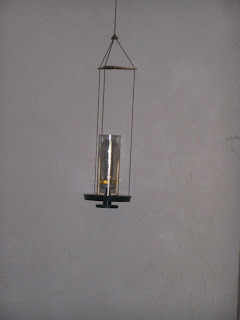Earlier this August, our congregation’s sending hymn was “A Mighty Fortress is Our God.” It was strange to hear this song so far away from Reformation Sunday, but hearing it as part of a regular service and not on a high-festival day gave me a chance to really listen to the lyrics – something I haven’t done for many years. I wrote an essay exploring the metaphors that we use for God over at the Living Lutheran site. Here are some quotes to whet your appetite.
"I know the history of the time period in which Luther lived, work and wrote. I know that God as fortress, as bulwark (to use the older language), as sword and shield might have been remarkably effective for those listeners."
"I realize that the Bible is full of rich imagery, but it has problems, too. I think of all the agricultural metaphors and bread metaphors. Do they speak to people who have never made a loaf of yeasted bread?"
"I know that many people hate Facebook or other types of social media, but they’re a means of communication that help many of us stay connected. I see God as my Facebook feed on my birthday, full of messages from people throughout my past, all of whom are writing to wish me well. Facebook at its best reminds me that I am surrounded by a wide world of love. God’s love is vast like that."
"I’ve been thinking of God as a coral reef, something that sustains a variety of creatures and keeps the ocean healthier than it would be without a coral reef."
Read the whole blog post here.
but bestows favor on the humble
6 months ago











































